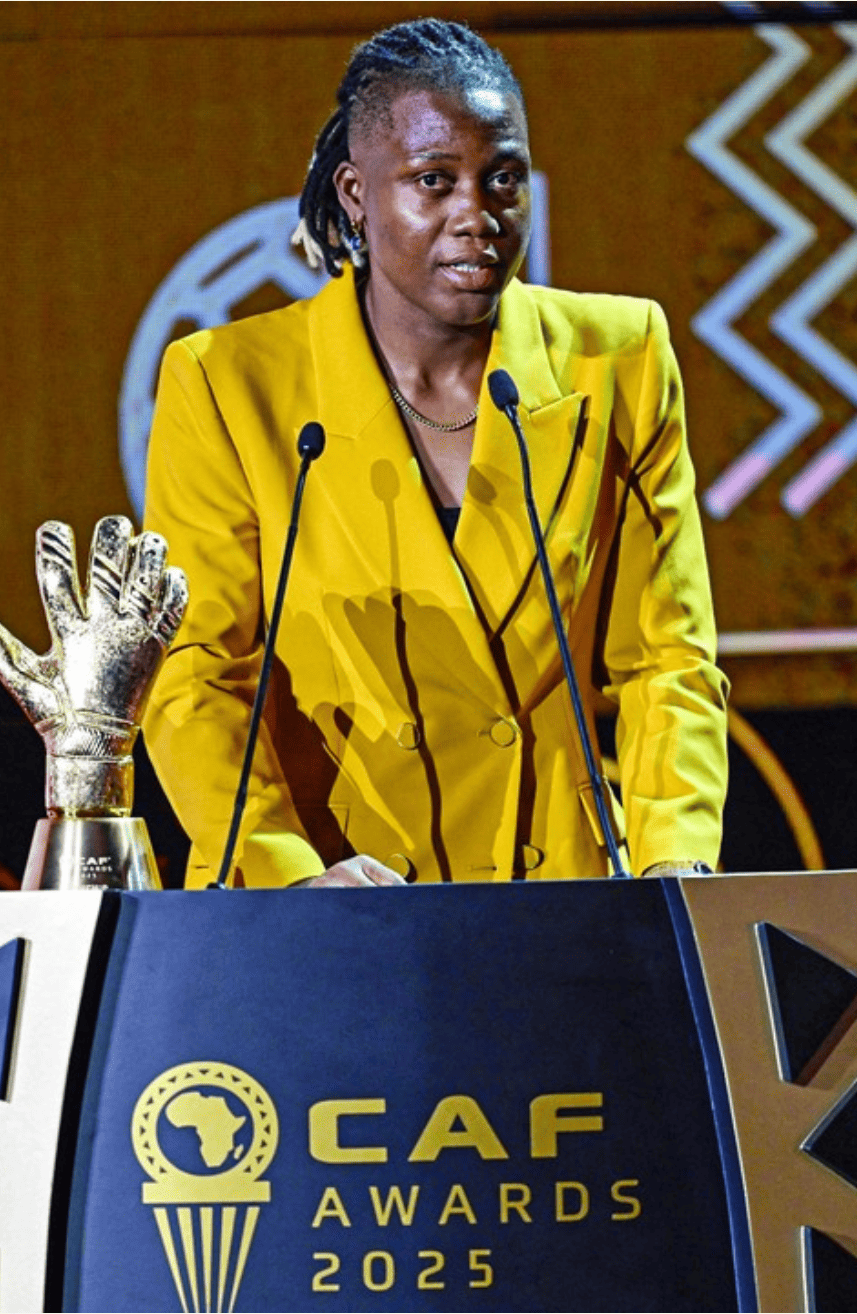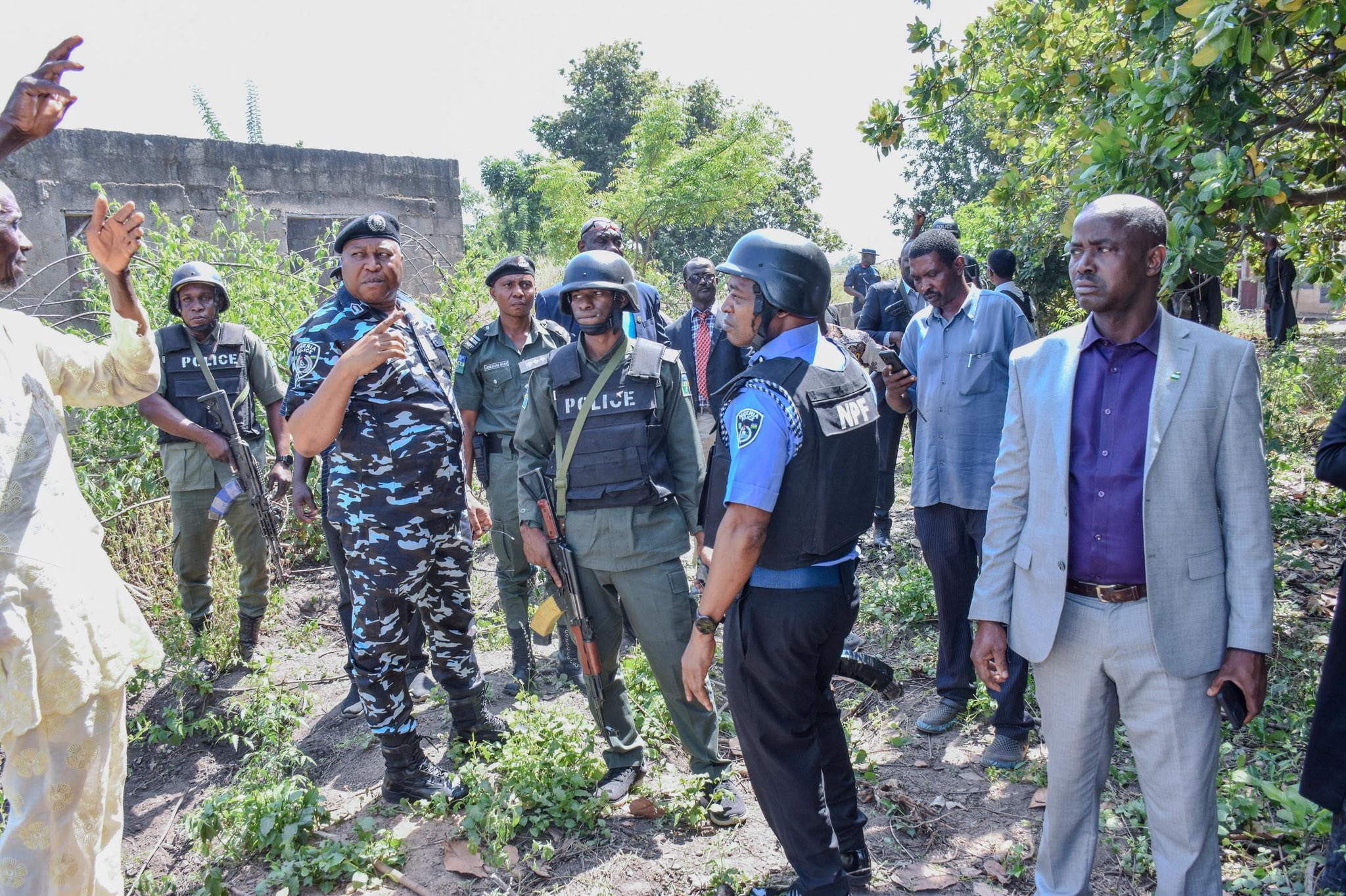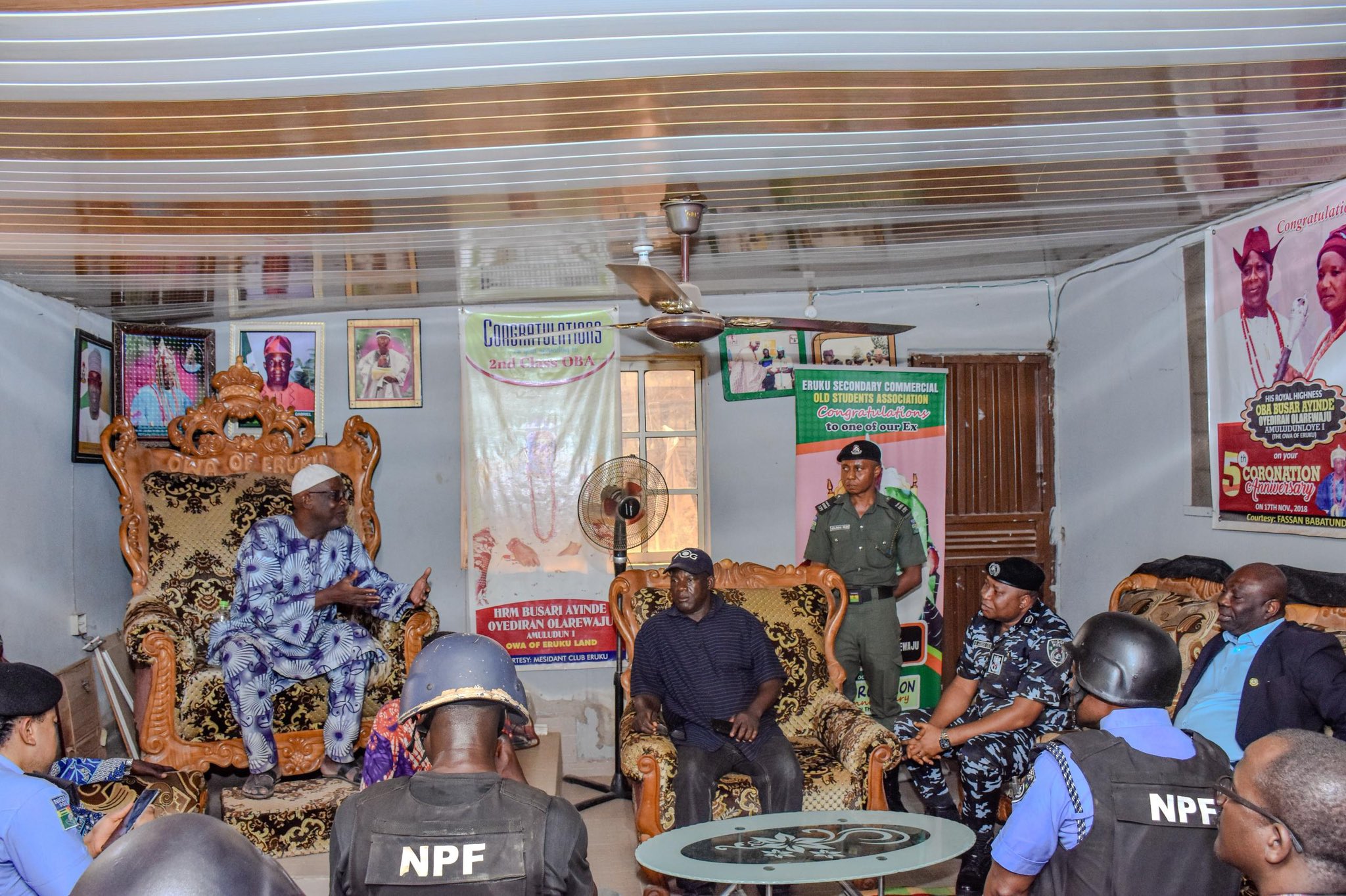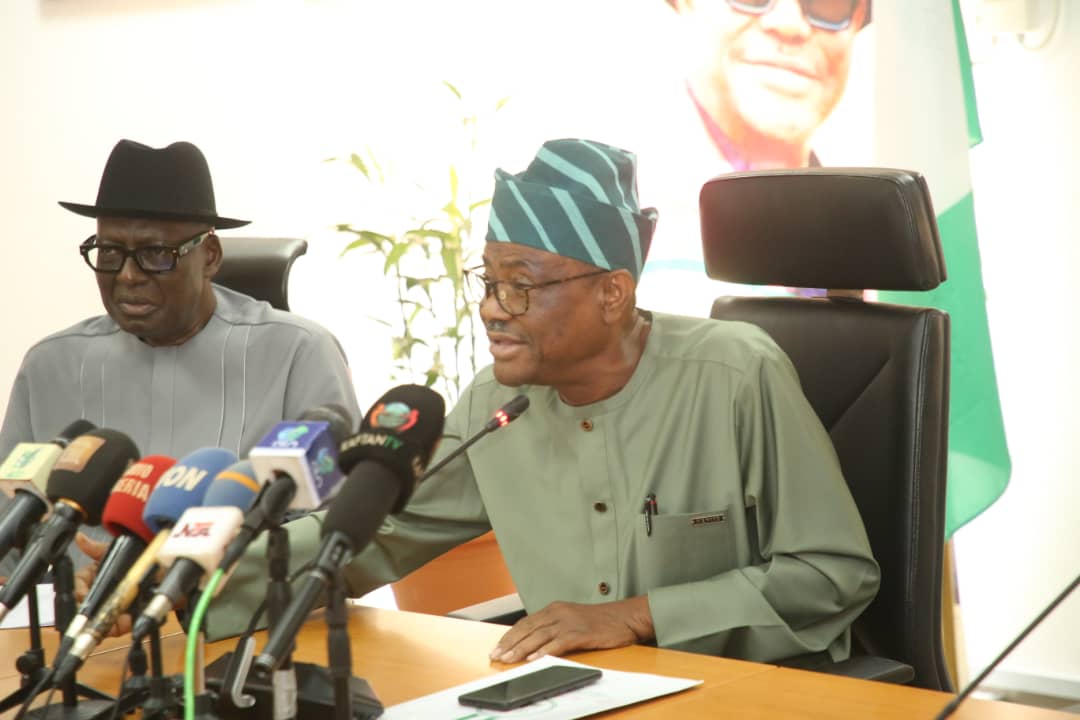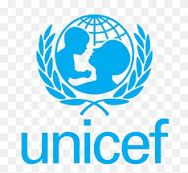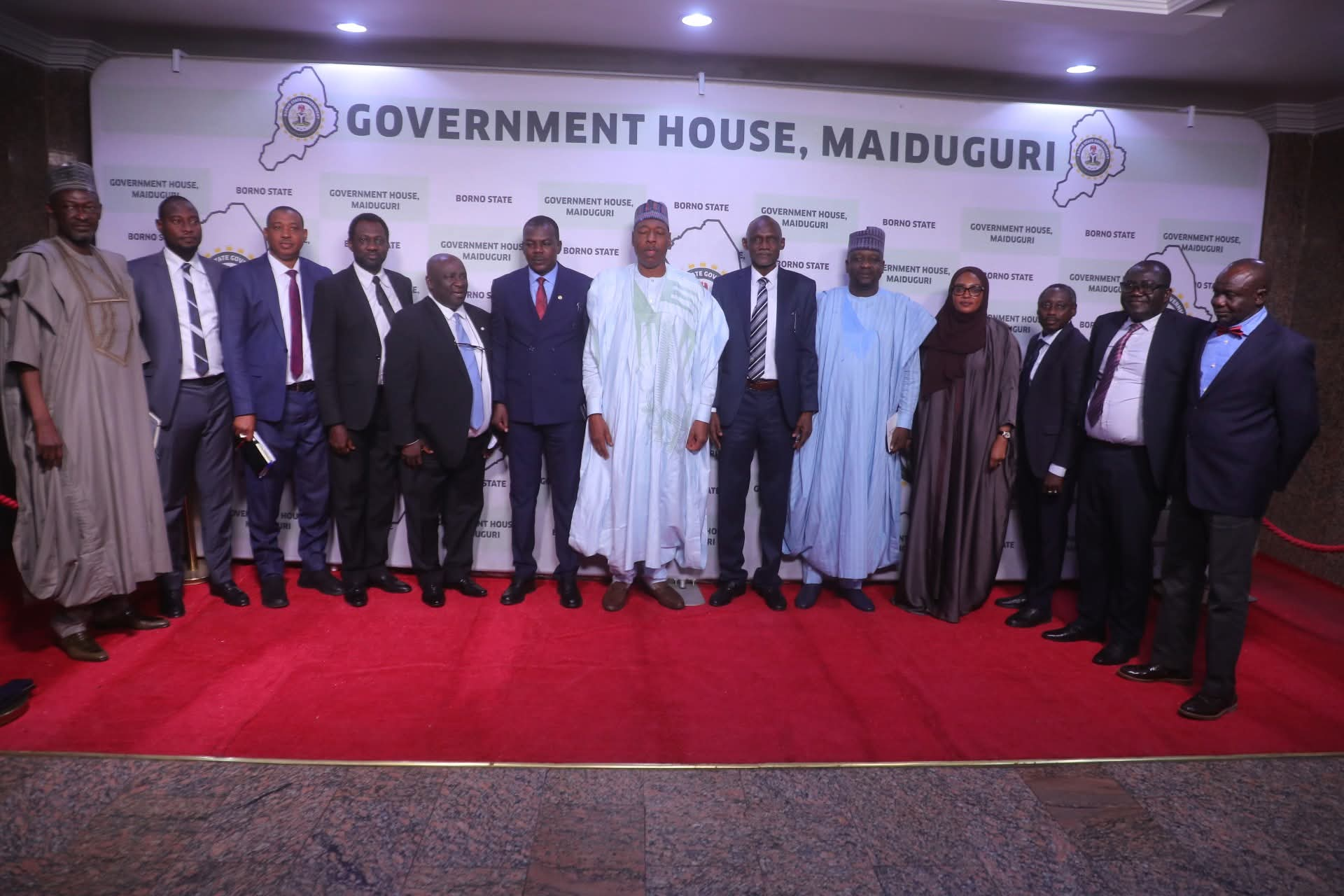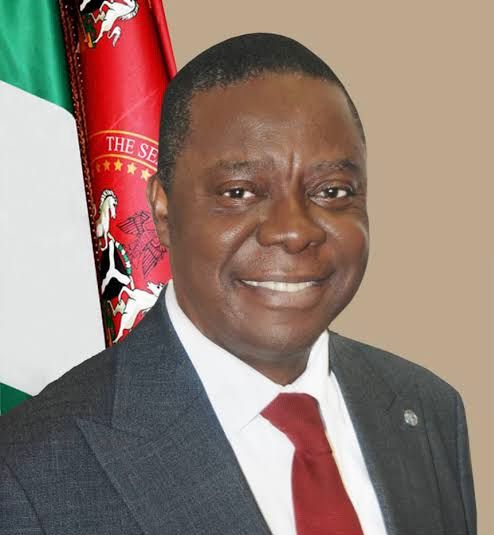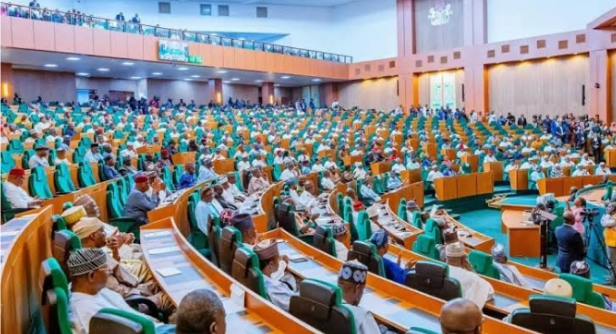RABAT, Morocco — Chiamaka Nnadozie has etched her name into African football immortality, becoming the first women’s goalkeeper to win the CAF Women’s Goalkeeper of the Year award three years in a row after claiming the 2025 honor at Wednesday night’s star-studded ceremony here.
The 24-year-old Super Falcons and Brighton & Hove Albion shot-stopper edged out Morocco’s Khadija Er-Rmichi and South Africa’s Andile Dlamini to secure her third consecutive title—following triumphs in 2023 and 2024—in a category that celebrates the continent’s elite custodians.
Nnadozie’s hat-trick caps a banner year, building on her pivotal role in Nigeria’s record-extending 10th Women’s Africa Cup of Nations (WAFCON) title in July, where she earned Goalkeeper of the Tournament honors with four clean sheets in six matches and just two goals conceded from open play.
The Paris FC alum’s composure under fire—highlighted by clutch penalty saves in the WAFCON final comeback against the hosts—has propelled her onto the global stage, including a fourth-place finish in the 2025 Ballon d’Or Yashin Trophy and a shortlist nod for FIFA’s The Best Women’s Goalkeeper award.
Her seamless transition to England’s Women’s Super League with Brighton has further showcased her reflexes and command, earning rave reviews from coaches and peers alike.
“This is a dream come true, but it’s bigger than me—it’s for every young girl in Nigeria dreaming of the gloves,” Nnadozie said in her acceptance speech, glove raised triumphantly to a roaring crowd that included CAF President Patrice Motsepe and FIFA’s Gianni Infantino.
The win dovetails with the Super Falcons’ own sweep of the CAF Women’s National Team of the Year award, underscoring Nigeria’s stranglehold on the women’s game amid Morocco’s double with Achraf Hakimi and Ghizlane Chebbak taking the men’s and women’s player honors.
As Nnadozie eyes the 2027 FIFA Women’s World Cup qualifiers—where her heroics could anchor another deep run—the hat-trick isn’t just a personal milestone; it’s a beacon for African goalkeeping excellence, proving that between the posts, the future is firmly in safe hands.

